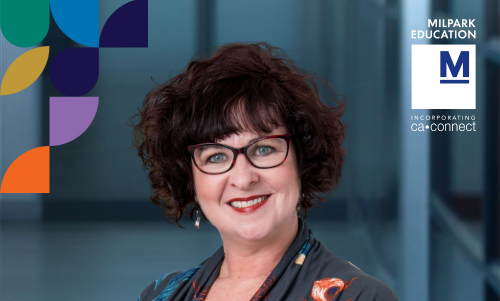Viktor Frankl, Holocaust survivor, said that "it is a peculiarity of man that he can only live by looking to the future. And this is his salvation in the most difficult moments of his existence, although he sometimes has to force his mind to the task."
We regularly look to the future, but often our attention focuses on our immediate plans; what will we do this weekend, or where will we go on holiday this year. We rarely take the time to look five, ten or even twenty years into the future, to anticipate what might happen in our lives, in our community or even in the world.
There are more than eight billion people in the world, all going about their lives and work, day after day. They plan to finish school, study, establish a career, get married, have children and hopefully, live a successful life.
However, at any time, something might change. Someone survives a serious accident, people lose their jobs, markets can crash, a virus causes a global pandemic. The changes are inevitable, yet we do not spend enough time understanding the impacts of changes on our personal and professional lives. Every change we experience, brings about an alternative future, something other than the future we expected.

![Umbraco.Cms.Core.Models.MediaWithCrops`1[Umbraco.Cms.Web.Common.PublishedModels.Image]](/media/fuspzyh3/janine-nel.png)